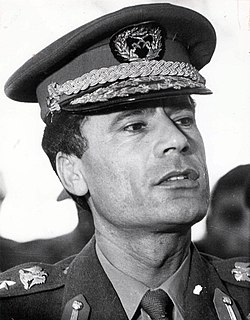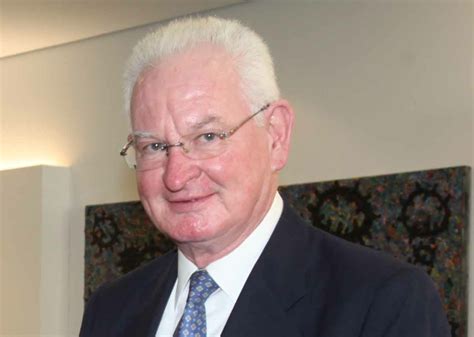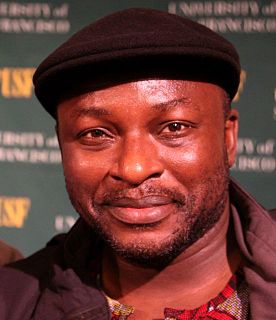A Quote by Andre Vltchek
People have been tolerating their insane political system, in exchange for the countless privileges they are getting from their countries' plundering of the planet, and violating entire nations and continents. But in Africa, Asia and elsewhere, those "un-people" have no choice at all.
Related Quotes
Africa shares with Asia a common background of colonialism, of exploitation, of discrimination, of oppression. At Bandung, African and Asian States dedicated themselves to the liberation of their two continents from foreign domination and affirmed the right of all nations to develop in their own way, free of any external interference.
To make a concrete response to the appeal of our brothers and sisters in humanity, we must come to grips with the first of these challenges: solidarity among generations, solidarity between countries and entire continents, so that all human beings may share more equitably in the riches of our planet. This is one of the essential services that people of good will must render to humanity. The earth, in fact, can produce enough to nourish all its inhabitants, on the condition that the rich countries do not keep for themselves what belongs to all.
Most people are oblivious to F.A. Hayek's insight that the critical information needed to run an economy - or even 15 percent of one - doesn't exist in any one place where it is accessible to central planners. Instead, it is scattered piecemeal among millions of people. All those people put together are far wiser and better informed than Congress could ever be. Only markets - private property, free exchange and the price system - can put this knowledge at the disposal of entrepreneurs and consumers, ensuring the system will serve the people and not just the political class.
The international community has to overcome its differences and find solutions to the conflicts of today in South Sudan, Syria, Central African Republic and elsewhere. Non-traditional donors need to step up alongside traditional donors. As many people are forcibly displaced today as the entire populations of medium-to-large countries such as Colombia or Spain, South Africa or South Korea.
When artists connect to a system because they want to make a living, it's their own choice. In fashion, designers don't have that choice. I know everybody mentions Azzedine Alaïa, but he's been going for a long time in the system - showing to people, selling to clients - and I think it's admirable how he's transformed it into his own system in a way, but it's still a system.






































